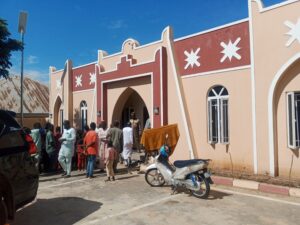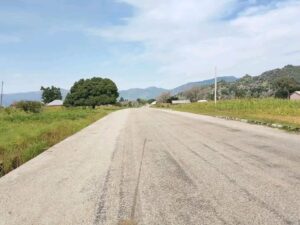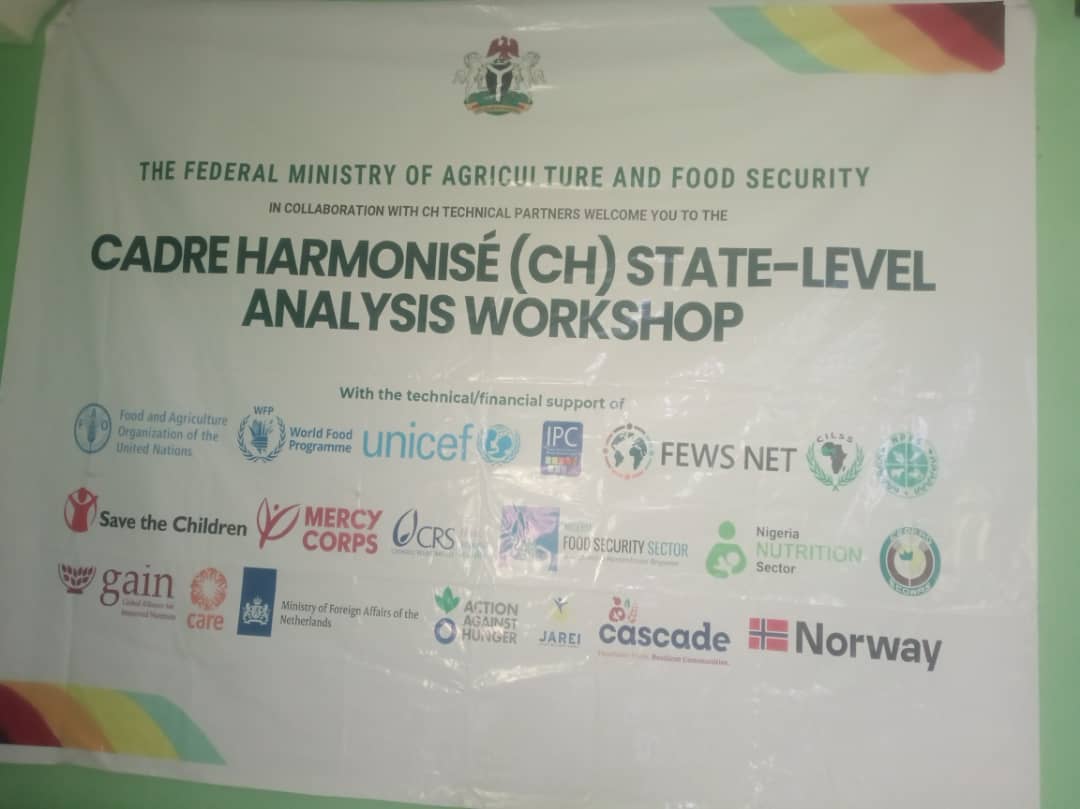
By Tasi’u Hassan
The Federal Ministry of Agriculture and food security, in collaboration with the Food and Agriculture Organization of the United Nations, FAO and other technical partners has commenced the Carde Harmonise (CH) state-level analysis for 26 states, including the Federal Capital Territory, FCT.
Three main analysis centers have been established to facilitate the in-depth assessments at the Local Governments Level. Adamawa covers Bauchi, Borno, and Statea. Sokoto covers Zamfara, Kebbi and oher Katsina states while Kwara covers Niger and Edo states.
Analysis for the remaining 15 states and the FCT will be carried out within their respective states.
The Cadre Harmonise Analysis is a critical step in identifying populations and areas at risk of, or are already experiencing food and nutrition insecurity. The analysis is essential for shaping effective response plans.
Declaring the event open, Adamawa State Governor, Ahmadu Umaru Fintiri, represented by his adviser on food security Dishe Kwabe, highlighted the significance of the analysis, considering the hardship bedeviling the masses.
Fintiri, who said that the government is committed to fighting hunger in the state, lauded the organizers of the event, saying that the state government is willing to own the project.
The Monitoring and Evaluation Officer, National Program for Food Security, Federal Ministry of Agriculture and Food Security, Dauda Bulama, noted that the information generated by the Cadre Harmonise informs government and partners about the the county’s food and nutrition security situation, explaining that since the inception of the program in 2015, the CH has been yielding positive results in addressing food insecurity.
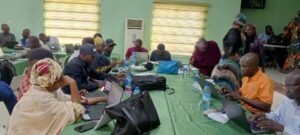
On his part, the Food Security Analyst, Food and Agriculture Organization, FAO Nigeria, Mr Jasper Mwesigwa, said the severity of Food and Nutrition Insecurity is high in Borno, Adamawa Yobe, Taraba, Zamfara, Katsina, Sokoto, Niger, Kaduna and other North Central states, attributing the unfortunate development to insecurity, inflation, extreme climate change, flooding among other issues.
He explains “Things are not good, because we have gone through long period of economic hardship. You know we have had high inflation since mid last year – it has put pressure on the families. We have extreme climate change impact, we have had flood, we have had dry spelt and we also have issues of conflict and insecurity. The insecurity is driving people out of the farm”.
The analyst called on the state governments to invest in the program to effectively reduce the impact of food insecurity in the country, promising FAO’s continued support.
“There will always be support from friends, well wishers and everyone. And the Cadre Hormonise process is a joint framework led by government, UN agencies mostly providing technical and financial supports, other humanitarians, NGOs, INGOs and then we have regional partners. But as they always say charity begins at home, the state governments need to invest more, putting some money in the program and start handling this program on their own.
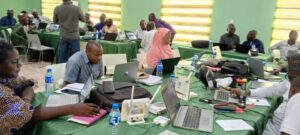
As FAO, we have trained so many analysts in the states. So, there are human resources there. All they need is some funds to bring them together, and then collect some data and then they do the analysis. And if they need some technical support, then we will be there to come and support. But it has to be an initiative of the state governments. We want to see this happening as soon as possible”, Mr Jasper added.
Also speaking, an Assistant Director from the Adamawa State Ministry of Agriculture and State Coordinator, Cadre Hormonise, Dr. Ibrahim Bayaso said the analysis will generate comprehensive data on the severity of food insecurity and its drivers, adding that the state level results will feed into the national consolidation process.
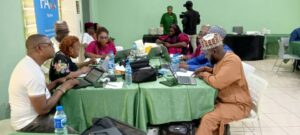
Dr. Bayaso explained that the government delegation will release the result of the analysis to stakeholders on 1st November, followed by a two-day response analysis workshop to develop an actionable response plan focusing on key sectors such as emergency agric, food assistance, nutrition, cash based intervention and protection.

